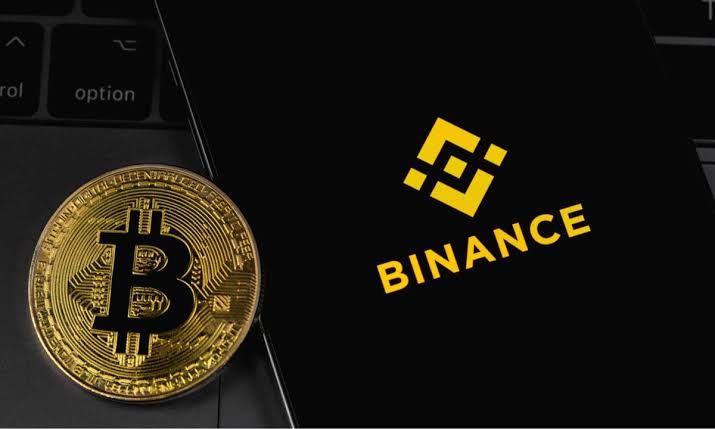Financial Metamorphosis: Is U.S. Crypto Migration Filling Hong Kong's Crypto Cocoon?
As the U.S. Securities and Exchange Commission (SEC) declares legal war against Binance, one of the world's largest cryptocurrency exchanges, the tremors of this clash are being felt across the globe. While the SEC contends that the enforcement is an attempt to bring regulation and security to

As the U.S. Securities and Exchange Commission (SEC) declares legal war against Binance, one of the world's largest cryptocurrency exchanges, the tremors of this clash are being felt across the globe. While the SEC contends that the enforcement is an attempt to bring regulation and security to a currently unruly market, some speculate that this may be the catalyst that sparks the crypto industry's departure from the U.S.
The case against Binance alleges that it offered unregistered securities and staking services to the public, violating U.S. securities laws. This comes after similar lawsuits against Justin Sun and his companies, suggesting a broader intent to enforce stricter regulation on crypto enterprises. Such a stance could result in an industry-wide shift towards regulated infrastructure for crypto, as posited by Aaron Kaplan, co-CEO and co-founder of Prometheum Inc.
Nonetheless, this increased regulatory pressure has already incited a reaction. Notably, the U.S.-based exchange Coinbase doubled its operations outside the U.S., extending its reach into Canada and Seychelles. As suggested by Richard Mico, U.S. CEO and Chief Legal Officer of Banxa, this could be just the start of a broader exodus, as the lack of regulatory clarity pushes digital asset ventures to friendlier jurisdictions, potentially depriving the U.S. of significant job opportunities and domestic innovation.
While some experts have greeted the lawsuit against Binance as overdue, citing concerns over the company's transparency and accessibility, others worry about the implications for the wider crypto landscape. As Binance offers a wide range of features, products, and investing services to a global user base, stringent regulation could pose significant challenges for the company and similar entities.
From one perspective, this is a conflict between traditional finance regulations and innovative technologies. Yet, the outcome could have far-reaching implications. If crypto is indeed the next financial system's blueprint, as Jim Bianco of Bianco Research suggests, this could represent a critical misstep for the U.S. The crypto world's shift away from the U.S. would not only impact the industry's local growth but also the U.S.'s ability to influence and shape the future of global finance.
While clarity in crypto regulations is necessary, the transition must be managed carefully. The SEC's lawsuit against Binance may ultimately bring the needed clarity to U.S. crypto industry, but at what cost? As the industry seeks more hospitable homes, one might wonder whether the U.S. is effectively driving the crypto future out of its boundaries, and into the welcoming arms of cities like Hong Kong.
Only time will unravel the full impact of this crypto crusade. But as the story unfolds, it’s clear that the stakes are high, and the world watches with bated breath. In this saga, the U.S. may not only be shaping the future of its domestic crypto landscape but potentially the global direction of a pivotal industry in the 21st-century economy.




